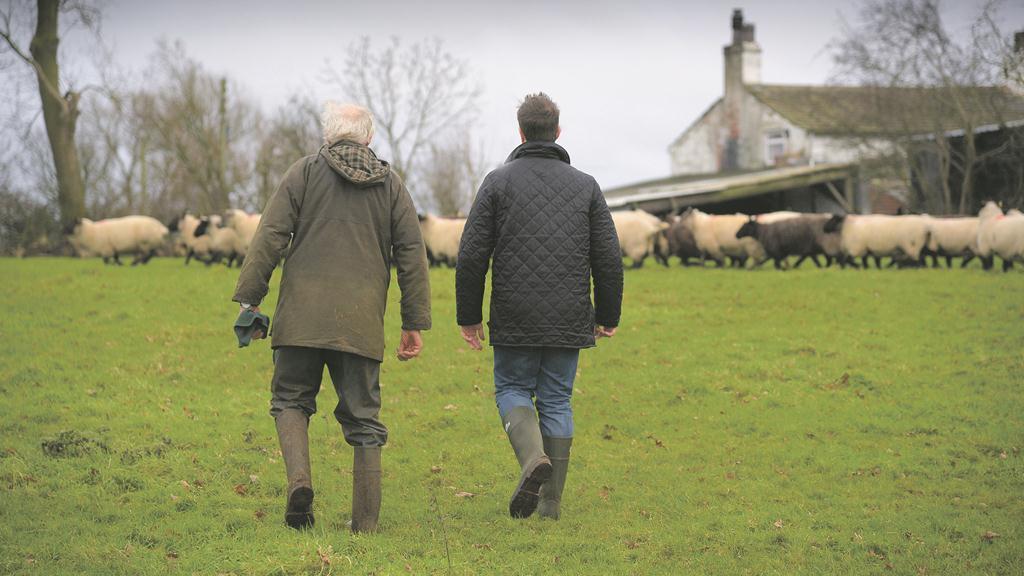Failure to deal with the succession issue can lead to frustration and conflict, and can even threaten the future viability of the farm, according to Billy Gleeson, education officer with Teagasc in Thurles.
He was speaking ahead of inheritance clinics which will be hosted by Teagasc, in the Clonmel Park Hotel, Clonmel, Co. Tipperary, on Tuesday, October 3, from 10:30am to 1:00pm
“Despite all incentives and initiatives to encourage early farm transfer, progress has been slow. There are more farmers over 55 years of age than under 35 years,” Gleeson said.
Titled ‘Transferring the family farm – succession and inheritance’, the clinics are designed to enlighten and educate farm families about the many details involved in putting in place an effective succession plan.
A 30-minute presentation will provide an overview of the main issues involved in family farm transfer.
This will be followed by the main part of the event, an opportunity to engage one-to-one with the relevant professionals. These will include: accountants; solicitors; citizens’ advice; family mediation experts; social welfare representatives; and Teagasc advisors.
“This is a fantastic opportunity for farm families to avail of the knowledge and expertise of professionals in legal, financial and agricultural areas to help plan the succession process,” said Gleeson.
Over 200 families have already booked to attend. “The high level of interest demonstrates the importance that farm families attach to succession and inheritance,” Gleeson said.
Clare O’Keeffe of Succession Ireland – which is based in Mallow, Co. Cork – said a whole range of issues can arise when facilitating inheritance conversations. These can include the question of whether the farm can sustain two incomes, and accommodation of the future needs of children with special needs.
The changing nature of relationships in Ireland over recent years can also impact on both parents and adult children, O’Keeffe said. Issues such as prenuptial agreements may also be raised, which can be of benefit to all parties, she said.
Succession discussions can be tough and gratitude should be a big part of them, said O’Keeffe. “If something from the past isn’t addressed, it will keep keep re-emerging and history will repeat itself,” she said.
While more women are in managerial roles on farms in recent collaborative arrangements, O’Keeffe doesn’t see any evidence of increased numbers of females inheriting family farms. And it can be mothers, rather than fathers, who push for sons to take over, she finds.
The implications of the Fair Deal scheme on owning assets when going into nursing home – while under review – remain a cause of concern, she said.
Prior registration for the clinic is essential, and bookings can be made by phoning Teagasc in Tipperary on: 0504-21777.
